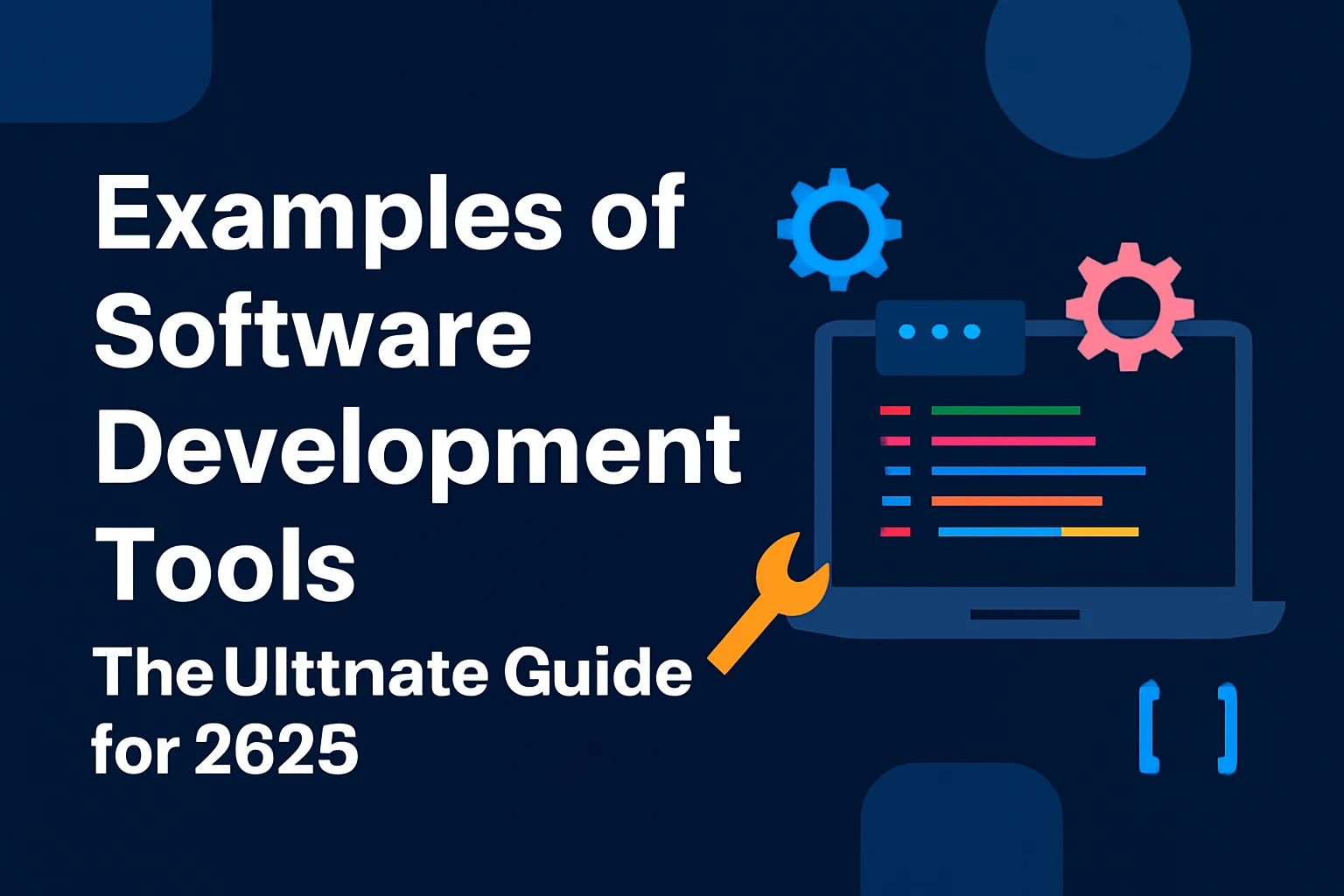Health Insurance for Freelancers: Your Complete Guide
Health Insurance for Freelancers. best freelance health insurance 2025

Table of Contents
- Introduction- Why Should Freelancers care about Health Insurance?
- Part 1: The Importance of Freelancers' Health Insurance.
- Part 2: What Are Your Health Insurance Options for 2025 as a Freelancer?
- Part 3: Comparison of different health insurance plans and determining which is suitable for you
- Part 4. How Freelancers Can Benefit From Health Insurance Tax Deductions
- Part 5: Spending Less Money as a Freelancer
- 6. Avoiding the Common Mistakes Freelancers Make
- Final Thoughts: Place Yourself Hard Not To Piece Your Freelancing Goal Together
Introduction- Why Should Freelancers care about Health Insurance?
- Flexibility: Freelancing comes with a lot of freedom, such as freedom from fixed hours, the absence of a boss, and the option to work from anywhere. However, along with that freedom comes a big responsibility — keeping track of your Health Insurance for Freelancers.
- Health benefits: Freelancers do not have health benefits through an employer as traditional employees do. It means you must find, select, and pay for your coverage.
Many freelancers pay more to cover their health, or notoporteando. That’s a risky move. Thousands of dollars — or possibly even bankruptcy — could be the price for a single medical emergency.
If you are a freelancer who wants to figure out where to get health insurance that doesn't take all of your money, you are not the only one—and you are in the right spot. This comprehensive guide will go through everything you need to know about freelancers' health insurance, such as:
- The top choices on the market in 2025
- How to find affordable coverage
- Cost Comparison Quote Comparison阁Recommendations of Plans
- How to do it cheaply and steer clear of common pitfalls
Part 1: The Importance of Freelancers' Health Insurance.
Freelancers Ignore Health Insurance While They Are Actually Saving Money For It. But the reality is this: the long-term costs of being uninsured are way higher. This is why you should take it in some time, and attention:
1.1 Accidents and Illness Happen
You never know what might happen – even if you’re young and healthy and think you don’t need disability insurance. A fractured leg may take $7,500, a three-day hospital stay $30,000, or more, with no insurance.
1.2 Preventive Care Saves Money
Preventive services (such as checkups, screenings, and vaccines) are free with the right insurance. Catching issues early can prevent bigger bills later.
1.3 Mental Health Matters
A lot of freelancers face issues with stress, loneliness, and burnout. Health insurance plans commonly include mental health support, therapy, and medication coverage.
1.4 Peace of Mind
Freelancing is already stressful enough. It lets you focus on scaling your business rather than fretting over unexpected medical bills; you know your back is covered.
Part 2: What Are Your Health Insurance Options for 2025 as a Freelancer?
Now, let us dive into the most popular, practical options for freelancers:
2.1 ACA Marketplace (Healthcare.gov Plans)
The Health Insurance Marketplace is the standard system for obtaining coverage under the Affordable Care Act (ACA) and offers a variety of plans tailored to income and household size. Freelancers can enroll during the Open Enrollment Period (usually November to January) or during a Special Enrollment Period due to a significant life event (such as losing a job or relocation).
Pros:
- Premium Tax Credits or low-income based subsidies
- And coverage for everything, no matter what.
- Covers mandatory services such as maternity care, mental health, and prescriptions
Cons:
- Without assistance, premiums can nonetheless be relatively high
- Network restrictions may apply
General Tip: When your income varies, estimate low. You can set it behind so you do not lose money in rebates.
2.2 Medicaid
If your income is below the poverty line as a freelancer, you may be eligible for Medicaid, a free or low-cost state-run program.
Pros:
- Zero or very low premiums
- Comprehensive coverage
- In some cases, no out-of-pocket costs
Cons:
- Only offered if your income is below the threshold set by the state
- May have fewer provider choices
Medicaid expansion under the ACA has made it accessible in most states (Nota). Check your eligibility at Healthcare. Gov.
2.3 COBRA
COBRA allows you to continue your previous employer’s health insurance up to 18 months if you recently left a job with benefits.
Pros:
- You can keep your same plan and doctor
- No lapse in coverage
Cons:
- You pay the entire premium plus 2% – frequently extremely pricey
At best, COBRA is a bridge to help you get by while you're getting your freelancing business.
2.4 Private Health Insurance
Health plans can also be purchased outside the marketplace directly through an insurer or broker. This provides greater flexibility but usually also less regulation.
Pros:
- Сhoose from more types of plans
- Can provide specialized or tailored coverage
Cons:
- No subsidies
- Not offer full coverage (beware of “junk” plans)
Only use this route if you have a unique need or are ineligible for marketplace subsidies.
2.5 Health Sharing Plans
These are non-insurance types of healthcare sharing, where members share medical costs. This can be Medi-Share or Liberty HealthShare.
Pros:
- Lower monthly costs
- Ideal for healthy individuals
Cons:
- Not regulated like insurance
- Can refuse coverage for pre-existing conditions
- Will typically leave out mental health or maternity
Approach with caution. Before joining a health share program, read the fine print.
2.6 Freelancers Union Plans
By networking with other freelancers, unions like the Freelancers Union provide group health insurance plans or help you to find high-quality insurance in your area.
Pros:
- Community support and vetted options
- Dental, vision, and disability coverage to
Cons:
- Availability and prices vary by state
- Join for free at freelancersunion. Org.
Part 3: Comparison of different health insurance plans and determining which is suitable for you
Now that you have your choices, how do you choose the right one? Here’s a checklist:
3.1 Consider Your Health Needs
How frequently do you go to the doctor? Take medications? See a therapist? If you use a lot of care, plans with higher premiums but lower deductibles may work best.
3.2 Learn the "Metal Tiers" (ACA Plans)
There are four levels of marketplace plans:
- Bronze — lowest premiums, highest deductibles (more info)
- Silver – A middle ground (ideal for many)
- Gold — Higher premiums but less out-of-pocket costs
- Platinum — Highest premiums, highest coverage
3.3 Check Provider Networks
Check if your doctor(s) and hospital(s) are in-network. Care outside of the network is typically significantly more expensive.
3.4 Look at the Total Cost
Don't focus on the premium alone. Consider:
- Deductible
- Copayments and coinsurance
- Out-of-pocket maximum
3.5 Think about a Health Savings Account (HSA)
With a High Deductible Health Plan (HDHP), you can pair an HSA to save money for medical expenses with pre-tax dollars.
Part 4. How Freelancers Can Benefit From Health Insurance Tax Deductions
Freelancers can also write off health insurance costs on their taxes.
4.1 Self-Employed Health Insurance Deduction
And which premiums — for the ones if you report revenue as a freelancer (Schedule C)
- Medical
- Dental
- Vision
- Qualified long-term care
You can also take this deduction even though you do not itemize.
4.2 HSA Contributions
With an HSA, you could make tax-free contributions of up to $4,150 (individual) or $8,300 (family) in 2025.
Part 5: Spending Less Money as a Freelancer
It does not mean that health insurance will swallow up the income. Try these tips:
Purchase through the ACA marketplace for subsidies
The trick is to estimate your income low enough to save you money, but high enough that it is an accurate prediction.
Avoid Savina for a Few Bucks In An In-Person Visit Through Telehealth Services
Eat cheaply at cheap local health clinics.
If you need vision and dental, bundle them too!
These places come highly recommended to join a freelancer group or union for group discounts.
6. Avoiding the Common Mistakes Freelancers Make
6.1 Skipping Insurance Altogether
While it may save you cash in the short run, one accident could cost more than years of premiums.
6.2 Selecting the Lowest Price Plan Without Reading Details
You may get an ultra-low premium with towering deductibles or inferior coverage.
6.3 Missing Open Enrollment
Mark your calendar! If you miss this window, you must wait unless you are eligible for a Special Enrollment Period.
6.4 Not Updating Income
An important note — if your income changes at any time during the year, update your marketplace profile so that you are not in for an unwelcome surprise on tax day.
Final Thoughts: Place Yourself Hard Not To Piece Your Freelancing Goal Together
One of the least exciting parts of freelancing, but one of the most crucial, is health insurance. So, if you need a work-EHR, you’re your own boss now, so that you can work-in-HR.
The good news? And with some legwork, you can find affordable health coverage to match.
Investing in your health is investing in your future, whether you are a beginner or an experienced investor. Start exploring your options today—because whatever can go wrong will go wrong at some point!
Need Help Getting Started?
- Check out these resources:
- Healthcare.gov
- Freelancers Union
IRS: Self-Employed Health Insurance Info
Want this in the form of a properly formatted blog post with heading, meta tags, and image suggestions for your website? I can also optimise it for WordPress or Blogger if needed.






